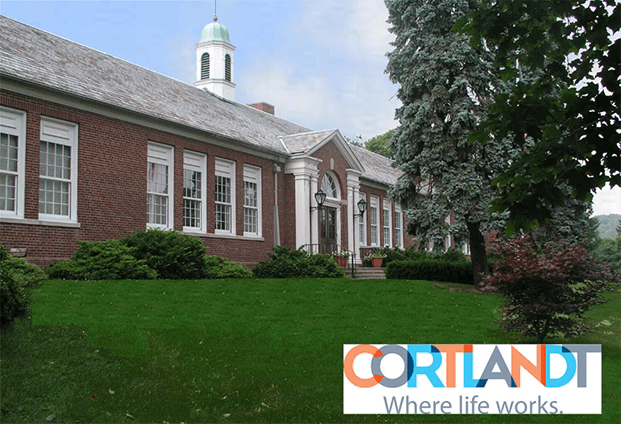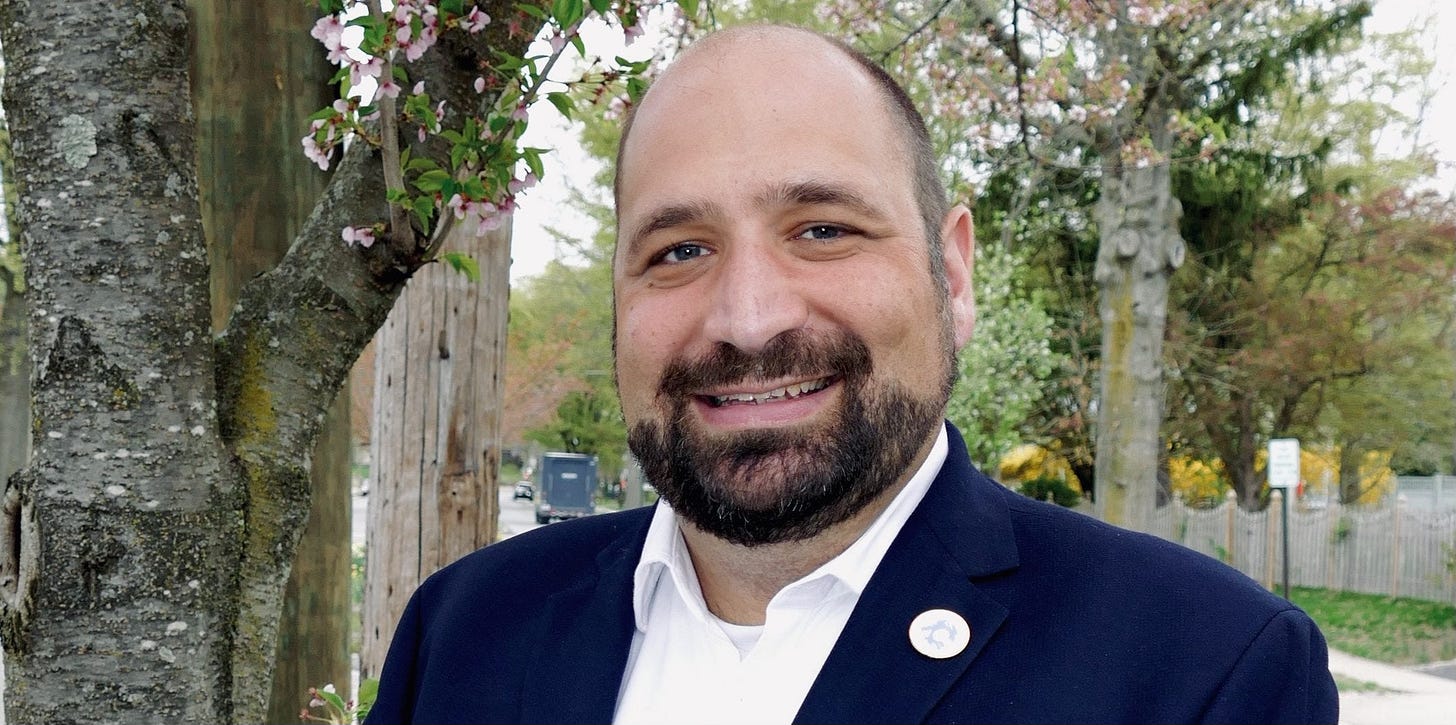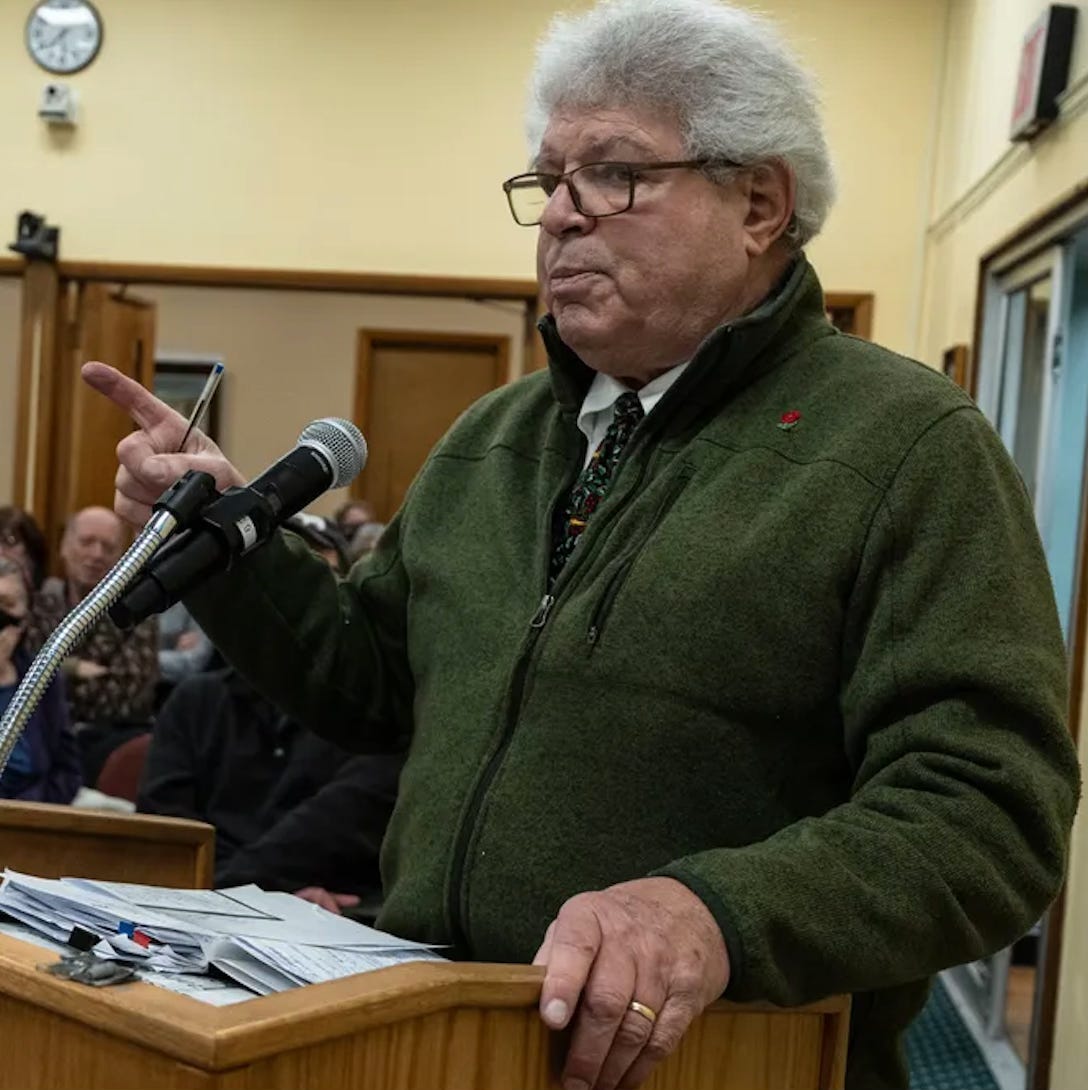Commentary: Can "If it ain't broke, don't fix it" sometimes be good governance?
At last evening's public hearing on transferring our tax assessment operations to Cortlandt, what seemed at first to be strong arguments started falling a bit flat.
A funny thing happened to us during last evening’s public hearing on the proposal to end Croton’s status as a tax assessment unit and hand over those functions to the town of Cortlandt. We started out thinking that Mayor Brian Pugh and Village Manager Bryan Healy had a pretty good case, and that all of the trustees would go along with it in the end. We were assured by a number of long-time Crotonites that this was a “done deal” and little could be done to stop it.
The arguments in favor of the plan were pretty standard. The village had been talking about it for a long time, most of the other villages were doing it, and a consultant had told us that we would save about $32,000 once the change went into effect (projected for 2026), and another $5000 annually in costs related to defending the assessments if residents challenged them.
But the plan had already become controversial last fall, when we learned that there would be “winners and losers” under the new scheme. Thus Cortlandt uses its own tax assessment methods, and they can lead to different results than Croton’s—sometimes very different. While some big winners would save thousands of dollars on their property taxes, others would get hit for thousands of dollars more. For seniors on fixed incomes or others who are just not wealthy, this could make the difference between being able to stay in the village or not.
Then the public hearing began, and it turned out that the losers were real people with real faces. (Full disclosure: The editor of the Chronicle and his wife would save about $90 if this measure passed.) One resident talked about a 55% increase in his property taxes; another, using the Excel spread sheet the village provided, calculated a 39% increase.
But many days before the hearing, some activists began to circulate a mini spread sheet of their own, showing that some Board of Trustees members would be winners if the law passed. The biggest winner would be Mayor Brian Pugh, who would save 39% or $1,714.61 on his property taxes. Trustee Len Simon would save 5%, and Trustee Maria Slippen would save 3%.
In fairness to Mayor Pugh, he was well aware of this, and at an earlier Board meeting had stated that he would donate his savings to the village. Pugh confirmed this pledge to the Chronicle last evening, adding that “The Board has to vote to accept any donations so it would be on the agenda and be a matter of public record.”
And while earlier there had been some private suggestions that these projected savings by our village officials had been part of the motivation for wanting to shift the tax assessment operations to the town, by the time of the public hearing no one was saying that—nor did anyone seem to really believe that was true.
(The mayor’s donation offer made us think that perhaps the solution would be for all the winners to donate their savings to all the losers, but of course we would be accused of being Communists or at least fantasists, rightly so.)
But some other interesting things were said that made us think more about the plan. In addition to neighbors who would be negatively affected, some speakers also pointed out the convenience of having our tax assessor right here in the village, the greater ease of challenging an assessment before the Board of Trustees itself (so called “Grievance Day”), and they also reminded us of the strong reaction when the Board wanted to move our Village Court to Cortlandt a few years ago.
Again, the argument was the money we would save, but that did not seem to be the most important thing to most Crotonites. Croton resident Mike Mamone, another regular speaker at Board of Trustee meetings, repeated the refrain he chants at pretty much every meeting, in regards to pretty much everything the Board wants to do: “If it ain’t broke, don’t fix it.”
In fact, when perennial Board of Trustee public commenter Ed Riely pointed out that the $32,000 in “savings” by moving the tax assessment to Cortlandt would then probably have to be spent by the town to take on the added administrative burden of dealing with all of our village taxes—and that our Cortlandt town taxes could go up as a result—it became clear to us that we were really dealing with a cultural divide rather than actual sound fiscal arguments. (If anyone thinks we or Ed have it wrong, please let us know in the Comments section below.)
When the public hearing was over and the trustees began discussing the matter, Mayor Pugh at first cut the discussion off by declaring that the proposed legislation would be held over to another meeting, before realizing that the trustees might have something to say before the session ended. Trustee Slippen agreed that the matter should be held over, stressing the need to better communicate the plan to the public; she added that with the shift to Cortlandt, “I want to feel comfortable that the residents of Croton are going to get the service they deserve.”
Taken together, all of these comments harken back to the big, central issue that the debate over housing development in the village has also given rise to. Who and what are we as a community? Are we a small village or a big town wannabe? Ed Riely, again, touched on the question when he suggested that Croton should either become completely independent of Cortlandt, or simply absorb itself into Cortlandt and stop being a village altogether.
Perhaps we don’t need to go quite that far to tackle the issues our community faces. A bit more sensitivity by the Board of Trustees to these concerns, which the last local election showed are not fringe but quite mainstream, might help.
And if not, there is another election coming up this November, with the mayoralty and two trustee seats at play. One speaker who opposed the shift to Cortlandt, Gary Eisinger—a candidate for trustee with Voice of Croton last year—finished his five minute remarks with this tantalizing teaser:
“While this board again plows through another divisive policy change, please know there’s hope for an inclusive, unifying, and more transparent direction for our village. Stay tuned…”
Will Voice of Croton will be on the ballot this time, rather than just write-in candidates, and will they have a shot at winning one or more seats? We suspect that we will know the answer to that soon.
Stay tuned, indeed.
***********************************************************************************************************
To share this post, or to share The Croton Chronicle, please click on these links.
Comments policy: No personal attacks, please be polite and respectful.








I was not able to attend last night's meeting, but I am one of the so-called 45% whose taxes would go up. I suspected as much because my total taxes are higher than others in the village who have a home comparable to mind--mostly because of the town taxes.
What no one can explain is just how these assessments are done and why they are so unjust? It makes no sense that I pay more --or just as much-- than a house in the village that is worth more than mine.
Thank you for your reporting Michael. I feel like this consolidation is not a good idea and I have voiced this to the board. It really doesn’t seem like a very fair distribution for seniors trying to stay in their homes.